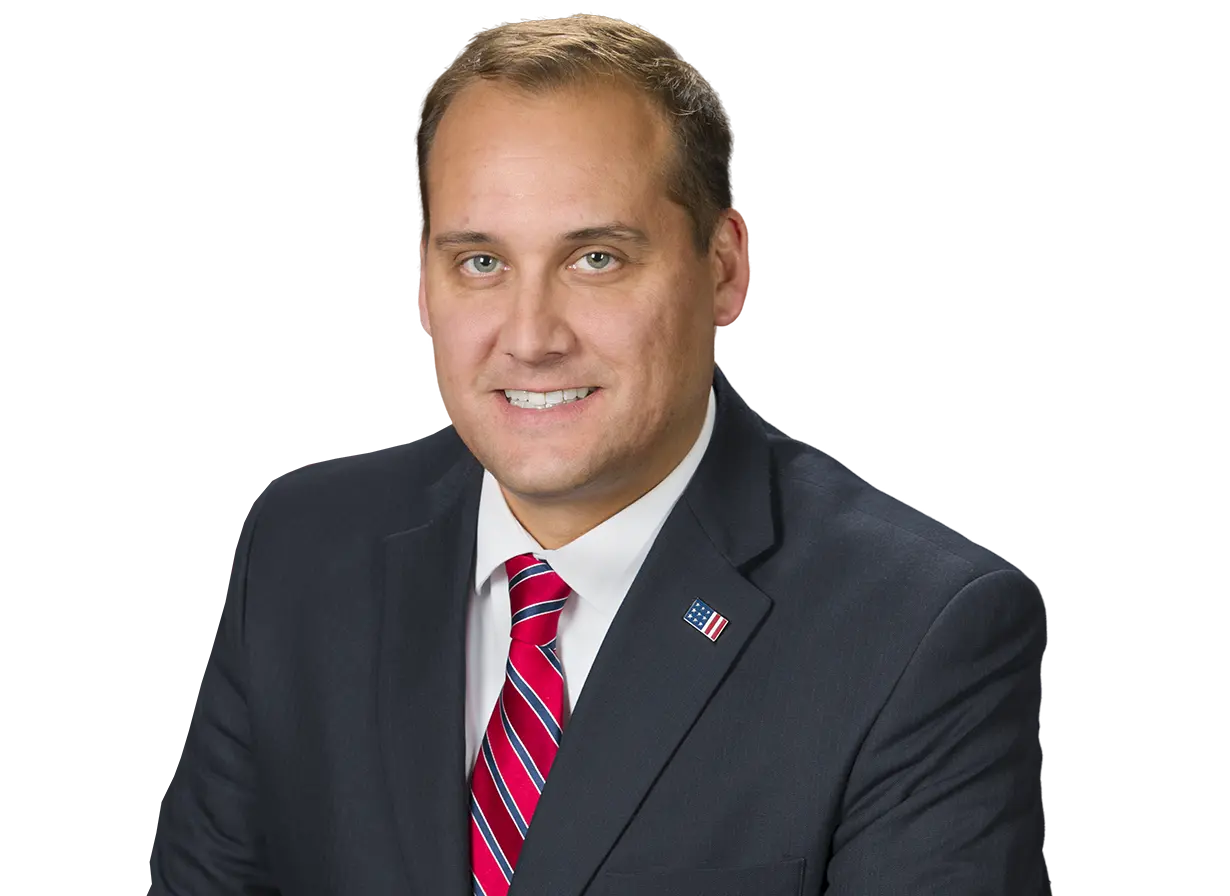The State Senate today approved a spending plan for fiscal year 2017-18 that holds the line on spending, increases funding for education and funds core responsibilities of state government, according to Senator Wayne Langerholc (R-35) .
Despite massive increases in mandated expenses – including pensions, health care and human services – Langerholc said the overall increase in spending in the proposed budget is less than 1-percent over the current year, and well below the rate of inflation.
The spending total of slightly less than $32 billion is nearly $650 million less than Governor Wolf’s original budget request and adheres to the approach demanded by taxpayers by controlling state government spending and cutting through expensive layers of bureaucracy.
Along with the fiscally responsible approach to the budget, the spending plan meets the core responsibilities of government and funds key priorities – maintaining a quality education system, promoting job growth and addressing some of the most serious challenges facing Pennsylvania communities.
Senator Langerholc offered the following statement on House Bill 218, which now goes to the House for consideration:
The state has endured billion-dollar deficits in many of the budgets since the 2008 recession, but Senate Republicans have led the successful crusade against the use of broad-based tax increases to balance the budget.
We will continue to work to create a balanced budget that does not include a tax increase again this year.
The General Fund Appropriation Bill passed today is the first step in that process. While increasing funding for education, it spends less than the Governor proposed. It represents a growth in spending of less than 1 percent.
Reasons for my support of HB 218 as amended in the Senate include:
- HB 218 now restores the $50 million that was cut from the School District transportation program, ensuring there will be no funding reduction to school districts in this vital program.
- HB 218 now restores funding for key agricultural programs eliminated by the Governor, including the University of Pennsylvania Veterinary School.
- HB 218 now restores funding for county-run programs, such as Juvenile and Adult Probation Services and Intermediate Punishment programs which would have resulted in higher local taxes.
- HB 218 does not include the Governor’s proposal to charge municipalities without police forces for State Police coverage.
- Most importantly, HB 218 provides for a thorough review process to examine the unification of the Departments of Human Services and Health into a single Department of Health and Human Services. Rather than rubber stamp the Governor’s original proposal, the General Assembly now has the opportunity to consider stakeholder input and will be provided adequate time to review a full implementation plan before making a final decision on unification of the agencies.
CONTACT: Gwenn Dando – 787-5400


